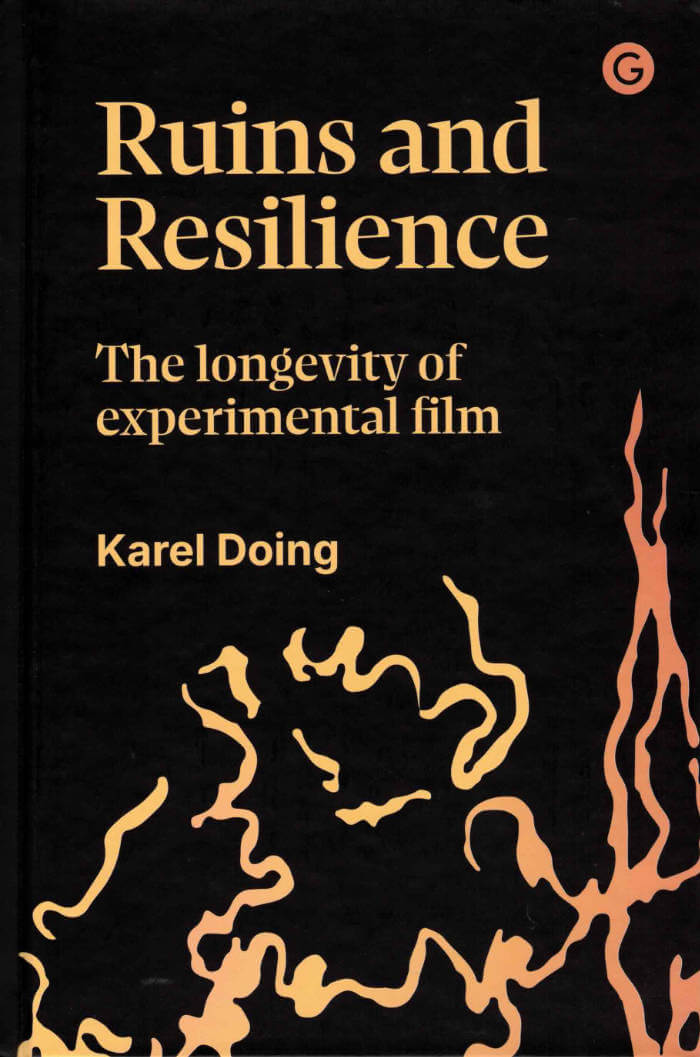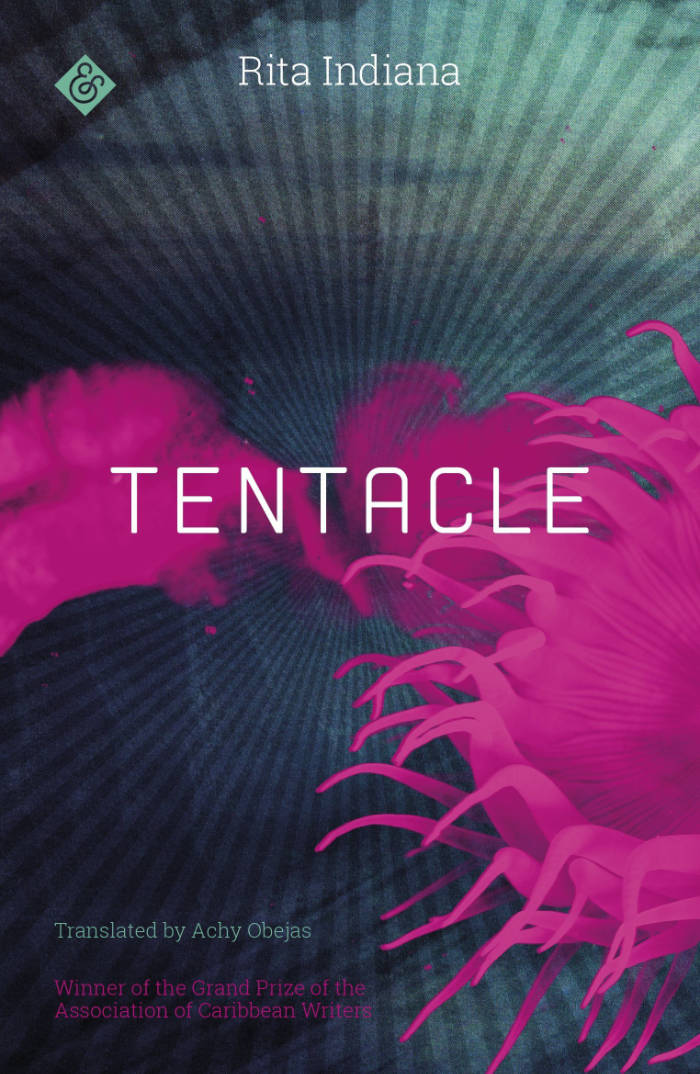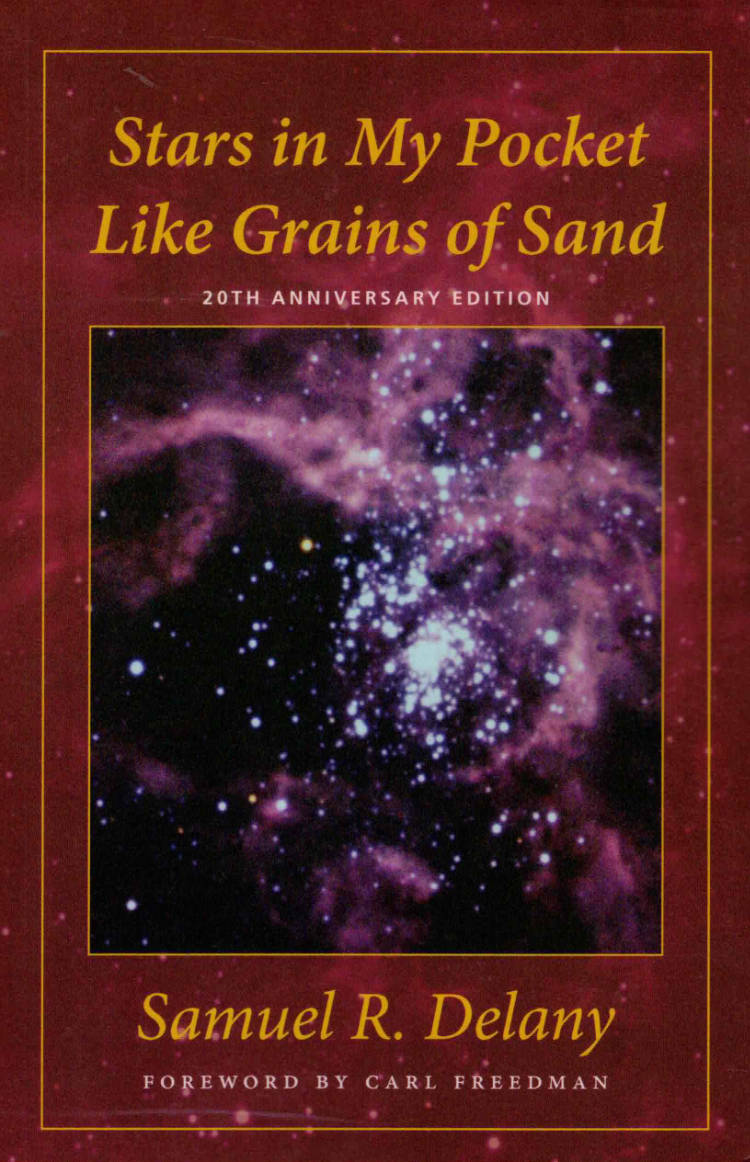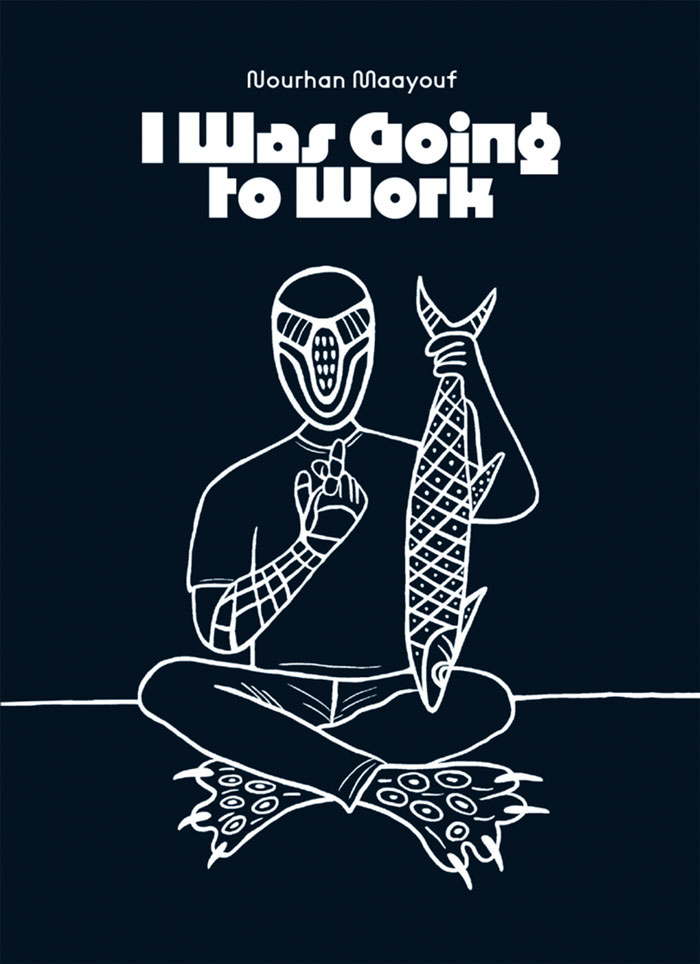
Merchant
A post-apocalyptic retelling of William Shakespeare's The Merchant of Venice.
Who will survive when the world is destroyed? Can stories from the distant past teach us how to change a dismal present? Merchant shifts perspective between three survivors of a flooded world as they try to navigate the threat of mass starvation; Jessica, a patrilineal Jew from Venice (named after the Italian city but located on the mountain K2) who has memorized the complete works of Shakespeare; Cem, an orphan of Venice; and Shinobu, an advisor to the empress Ama in Fuji. Ama has been gifting edible algae blocks to nations worldwide, but Jessica's arrival in Fuji to beg for more food for Venice upsets the delicate international balance Shinobu has been maintaining. As a series of buried secrets and miscommunications carry consequences of potential global destruction, everyone must determine what they are willing to do to survive in a hopeless world.
Alexandra Grunberg attended New York University's Tisch School of the Arts earning a BFA in Theatre. She earned her MLitt and DFA in Creative Writing at The University of Glasgow. Grunberg presented her research at various academic conferences in the UK, including “Once and Future Fantasies” at the University of Glasgow, “CRSF 2021 10th Anniversary Conference—Speculative Futures & Survival” by the University of Liverpool, “Beast Modernisms Conference 2019” at The University of Glasgow, “Creative Writing: Processes, Theory, and Influences” at The University of Edinburgh, and “The Literary Self: From Antiquity to the Digital Age” at The University of Edinburgh.






